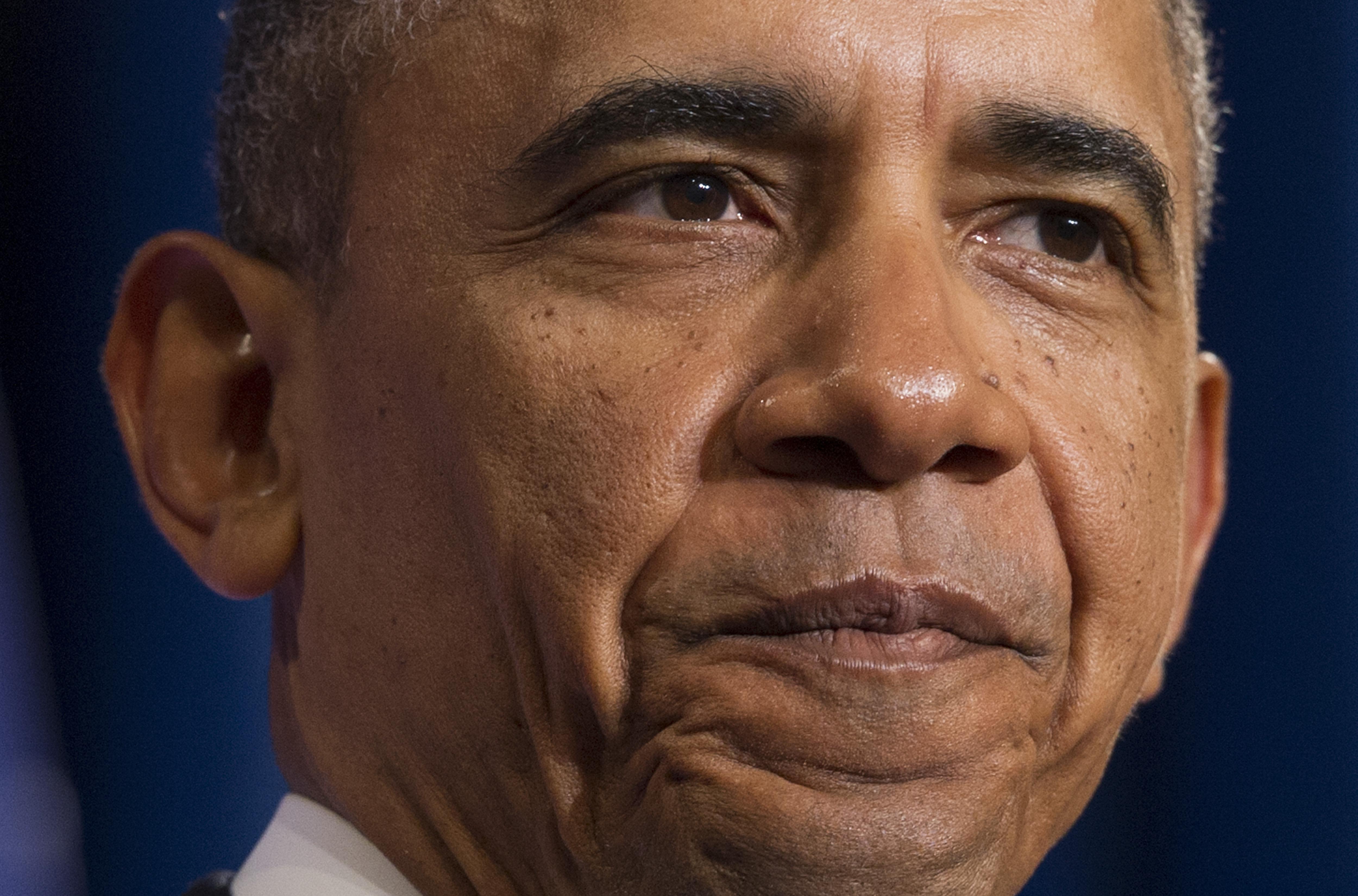A few months into his presidency, Barack Obama participated in a town hall with questions selected by an online audience. The topic that most concerned the people logging in: marijuana. The president, who’s written about his teenage exploits with his high school’s “Choom Gang,” mostly laughed away the topic. “I don’t know what this says about the online audience,” he said. He did not think legalizing marijuana would boost the economy. In subsequent town halls, the marijuana and drug war questions piled up but the president didn’t answer them. Online audience—you know what that’s like.
So it says something that David Remnick, the New Yorker editor and presidential biographer, threw a marijuana question into his latest Obama interview. It comes in the middle of a long, good profile of the president, and it starts with Remnick asking how dangerous marijuana is. “I don’t think it is more dangerous than alcohol,” says the president. Remnick follows up: Is it any less dangerous?
Less dangerous, he said, “in terms of its impact on the individual consumer. It’s not something I encourage, and I’ve told my daughters I think it’s a bad idea, a waste of time, not very healthy.” What clearly does trouble him is the radically disproportionate arrests and incarcerations for marijuana among minorities. “Middle-class kids don’t get locked up for smoking pot, and poor kids do,” he said. “And African-American kids and Latino kids are more likely to be poor and less likely to have the resources and the support to avoid unduly harsh penalties.” But, he said, “we should not be locking up kids or individual users for long stretches of jail time when some of the folks who are writing those laws have probably done the same thing.” Accordingly, he said of the legalization of marijuana in Colorado and Washington that “it’s important for it to go forward because it’s important for society not to have a situation in which a large portion of people have at one time or another broken the law and only a select few get punished.”
As is his habit, he nimbly argued the other side. “Having said all that, those who argue that legalizing marijuana is a panacea and it solves all these social problems I think are probably overstating the case. There is a lot of hair on that policy. And the experiment that’s going to be taking place in Colorado and Washington is going to be, I think, a challenge.” He noted the slippery-slope arguments that might arise. “I also think that, when it comes to harder drugs, the harm done to the user is profound and the social costs are profound. And you do start getting into some difficult line-drawing issues. If marijuana is fully legalized and at some point folks say, Well, we can come up with a negotiated dose of cocaine that we can show is not any more harmful than vodka, are we open to that? If somebody says, We’ve got a finely calibrated dose of meth, it isn’t going to kill you or rot your teeth, are we O.K. with that?”
That’s a calibrated embrace of the “decriminalization as racial justice” issue that’s been rising since the Colorado experiment began.
